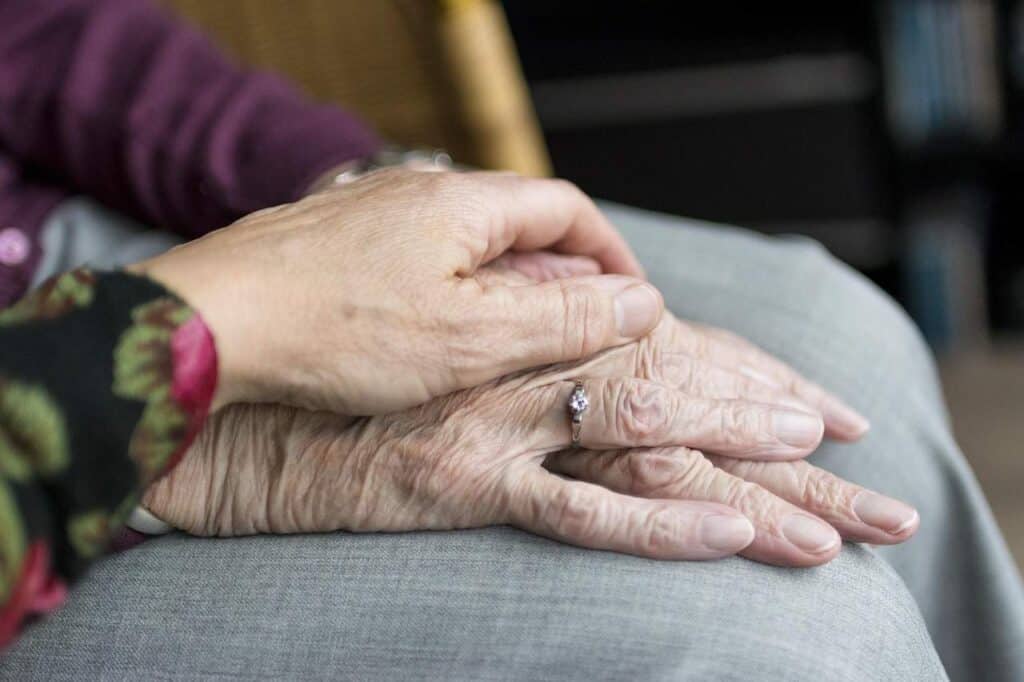
When someone you love experiences a major health issue, life can shift dramatically – for them and you. The path to recovery is often long and complex, requiring more than just medical care. As a caregiver or supportive family member, your role becomes one of both emotional anchor and practical facilitator. From adapting the home environment for safety, to helping them manage chronic pain, to navigating daily chores and securing outside help, your support can make a profound difference in their recovery journey.
If your loved one has encountered a major health issue, providing them with the support they need will be a priority. While they might be too proud to ask for it, there is no doubt that they will appreciate your support at this time.
This article outlines 5 key areas where you can step in to support your loved one holistically, including the often-overlooked benefit of talk therapy for both patient and caregiver.
1. Home Modification
Returning home after a major health issue is a major step on the road to recovery. Still, the months ahead will be difficult. Renting a hospital bed can make daily life a lot easier for your loved one as they continue to work their way back to full health. There’s a strong chance that this will be kept in the living room, too, thus improving their social life. Providing any type of support or medical assistance should also become noticeably easier.
For long-term issues, you may also wish to consider adapting the bathroom to a wet room. An accessible home will significantly help.
2. Pain Management
If your loved one was in the hospital with a major health issue, they may have been prescribed painkillers. Nonetheless, products like THC-free CBD can make an excellent addition. Whether topicals or consumables, their quick pain relief capabilities are ideal. You should check with the medical team first, but there are very few instances where this can’t help. If nothing else, you should look for items that enhance your loved one’s sleep routines.
When pain and discomfort are less noticeable in your loved one’s life, they will notice the difference. And it can keep them in a positive mindset during this tough time.
3. Keep Up With Chores
The harsh reality is that your loved one won’t be able to complete daily chores as they are used to. From managing the home to other life responsibilities, a little help goes a long way. Taking them to the store to help them with their groceries is a great option. It is an opportunity for them to get outside and spend time with you. Better still, this happens without the fear of having an accident while alone.
Above all else, it is a way to help them feel that their life is still under control. Frankly, it is the least that your loved one deserves during this phase.
4. Get Outside Support
It’s great that you are willing to dedicate your time to a loved one after they have experienced a major health issue. Sadly, their situation does not change the fact that you have other responsibilities. Your loved one will work their way back to normality with their job and family commitments. Still, they may need help with meal preparation to get enough protein or managing the home for weeks. Securing outside services to help overcome this problem can help them manage it more efficiently.
Besides, having extra help with these tasks means your time with them is spent enjoying the relationship that you share. This is one of the best gifts that you can give.
5. Talk Therapy
Finally, your loved one often just needs to open up. Many aspects of their life are unchanged or will return to normal as their body continues to get stronger. Still, they will face some alterations and insecurities. Active listening allows you to provide the support that they need. They will tell you what’s required if you are willing to listen. Better still, a problem shared is a problem halved for your loved one.
Final Thoughts
Caring for someone after a major health issue is both an act of love and a long-term commitment. By making thoughtful home modifications, aiding in pain management, assisting with daily chores, seeking external support systems, and encouraging talk therapy, you help restore not just their physical health, but their dignity and independence. Just as importantly, don’t forget to care for yourself in the process. The road ahead might be challenging, but with the right support structure, it can also be deeply meaningful for both of you.
Even if they don’t want to admit it, there is a long road ahead. The knowledge that they are not facing it alone will put them in a far more positive position.
Read more: 3 Exercises that Give Diabetics a Fighting Chance
Tags: emotional support, health, health care, health issue, Major Health Issue, old age, older, support